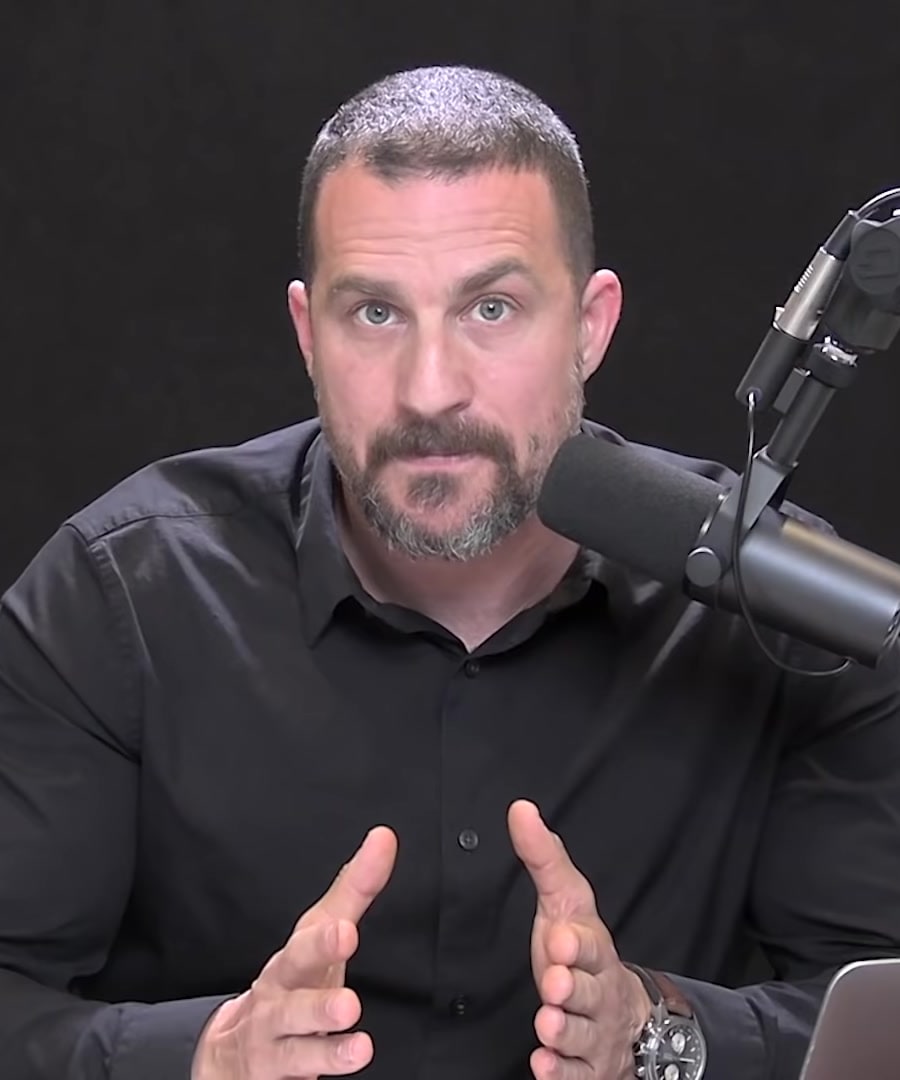Athletes performance
Sources:
Here are some insights and strategies related to athletic performance, as discussed on the :
-
Exploiting Visual Targets: explains how focusing the eyes on a target can significantly enhance a runner's energy output, effectively tapping into higher levels of speed and output during critical points of a race. This technique utilises the visual system and targeted milestones to bring about intense effort 1.
-
Cooling for Performance: Proper cooling of specific body parts can dramatically improve athletic performance, enabling athletes to exceed their usual physical outputs. shares an example of a professional athlete who tripled his performance in one week by using a cooling strategy 2.
-
Stress and Recovery Balance: Dr. highlights the importance of balancing stress and recovery for optimum athletic performance. An athlete's total stress load must not outpace their recovery capacity; otherwise, it can lead to reduced adaptability or physical regression. Managing this balance is necessary for maximum adaptation 3.
-
Temperature for Performance: and discuss the use of temperature management, such as Palmer cooling, which significantly outperforms anabolic steroids in gym performance within a short period. They highlight the need for athletes to pay attention to nutrition, sleep, and soon temperature will likely become a focus due to its powerful effects 4.
-
Identifying Performance Anchors: Dr. advises identifying and removing “performance anchors” to increase recovery capacity and facilitate better adaptations. Tracking various measures such as biomarkers, grip strength, or even vertical jump can be used to monitor global recovery and adjust training accordingly 5.
Overall, these strategies provided on the Huberman Lab podcast merge scientific research and practical applications for boosting athletic performance.
RELATED QUESTIONS-
Athletes performance
- RELATED QUESTIONS




